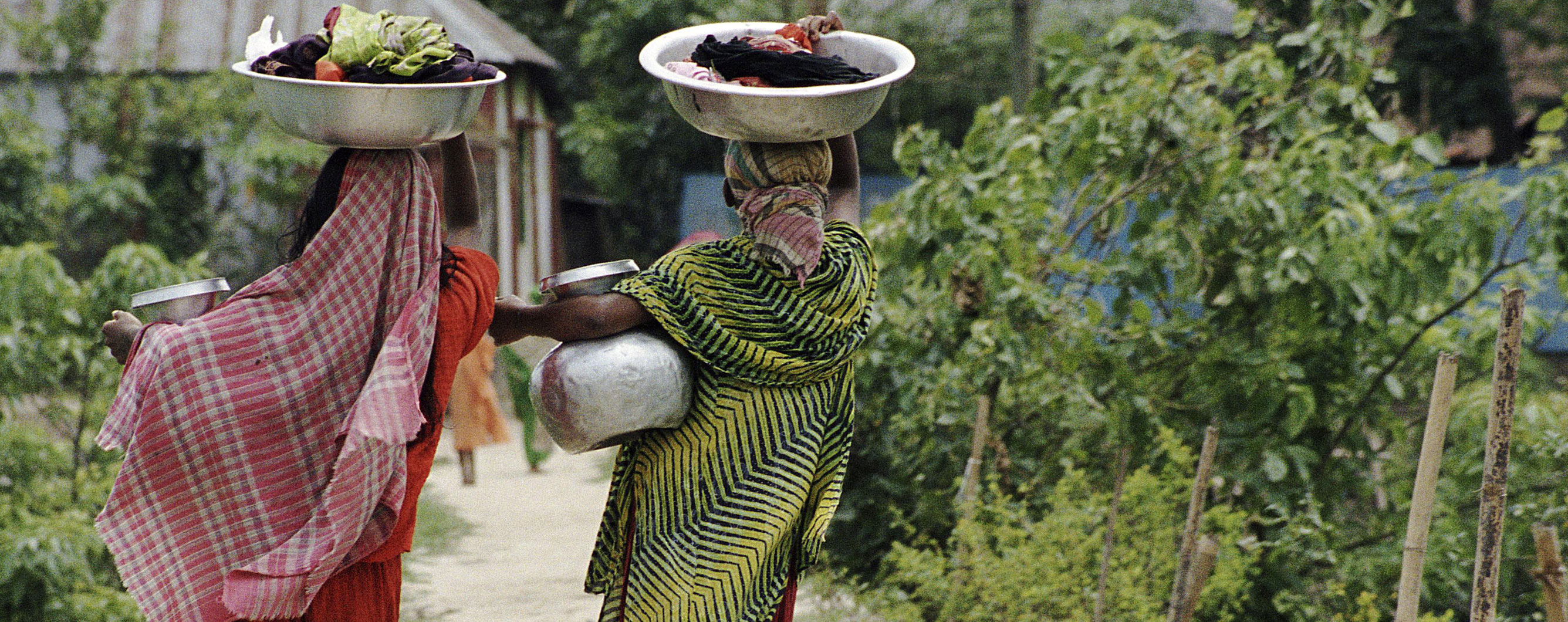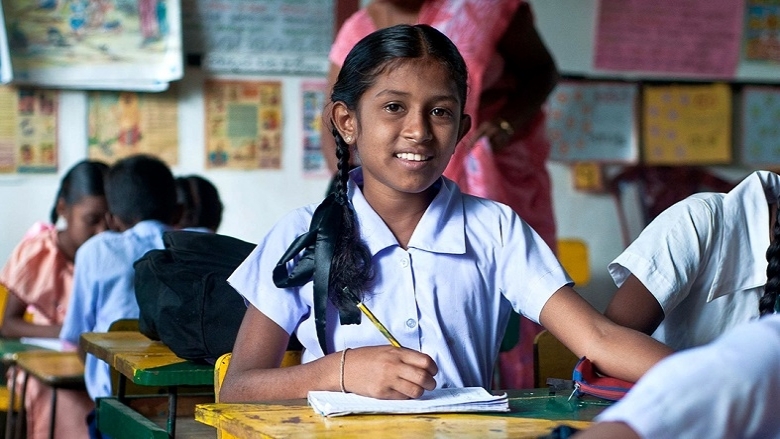Giving people the ability to prove who they are can transform their lives. The World Bank Group is helping countries close the identification gap and meet the requirements of identity in the digital age.
EBOLA RESPONSE IN DRC
In a blog, World Bank Group President Malpass says the Bank is working to ensure funding directly supports health workers battling the epidemic.

New Data
The world faces an invisible crisis of water quality that is affecting potential economic growth and human and environmental well-being.

Watch Replay Playlist
For 24 hours non-stop, our global ‘Econothon’ highlighted the World Bank Group’s knowledge and priorities.

Our Mission
The World Bank Group has two goals,
To end extreme poverty and promote shared prosperity in a sustainable way
Who We AreAccess the World Bank's portfolio of more than 12,000 development projects, including current and historical data since 1947.
Research
We provide analysis and advice for developing countries
View More Research and Publications Arrow






